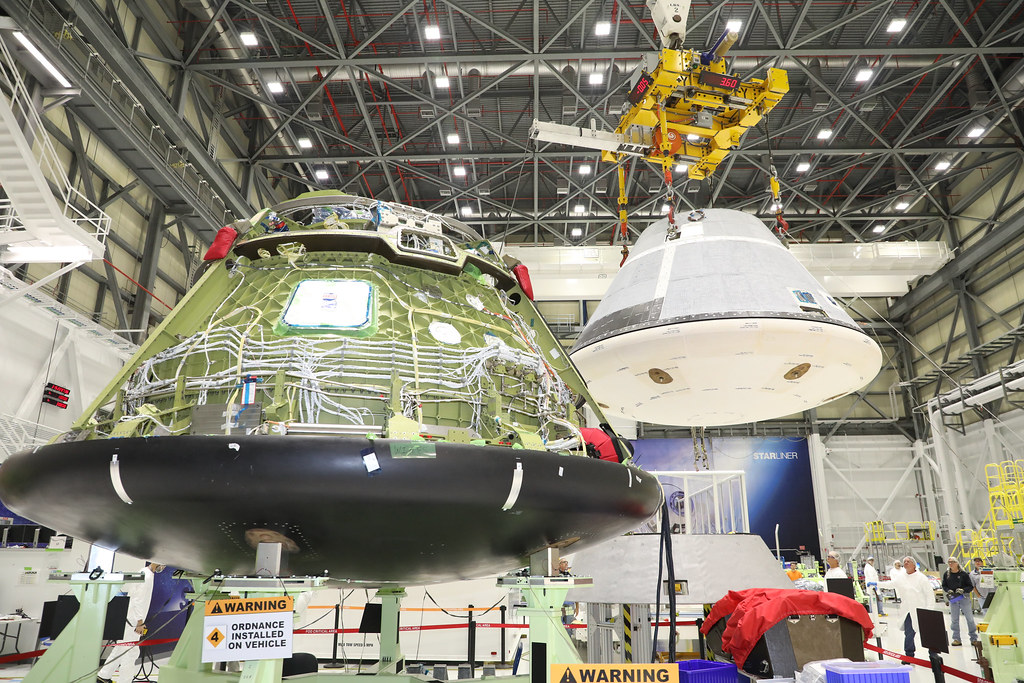Boeing remains optimistic about accomplishing six flights to the ISS despite delays in the Starliner spacecraft
Boeing’s Starliner Crewed Flight Test (CFT), which was scheduled to transport astronauts to the International Space Station (ISS), has been delayed until next year. The earliest launch opportunity is now set for March. Despite the setback, Boeing remains confident in completing the six crewed flights ordered by NASA before the planned retirement of the ISS in 2030.
The CST-100 Starliner, developed by Boeing, is part of NASA’s Commercial Crew Transportation Capability (CCtCap) program. The goal of this program is to have two vehicles, including the Starliner and SpaceX’s Crew Dragon, regularly transport American astronauts and cargo to the ISS, reducing reliance on Russia for space travel. While SpaceX has successfully completed nearly seven crewed trips to the ISS, Boeing’s Starliner has faced numerous delays over the years.
The delay in the Starliner CFT launch is due to several issues that posed potential safety threats to the astronauts. Flammable tape and weak parachute soft links were discovered during final certifications ahead of the original launch date. The parachute system is important for safely aborting the mission in low-altitude emergencies. Boeing has since redesigned the soft links and is currently testing them. They have also replaced the flammable tape with a safer alternative.
Boeing’s Starliner program has been in development for over ten years. Initially expected to be operational by 2015, the spacecraft faced multiple delays. In 2014, Boeing and SpaceX were selected by NASA for the CCtCap contracts, with Boeing receiving $4.2 billion. NASA has ordered six flights from Boeing to the ISS. Despite the ongoing delays and the ISS’s planned retirement, Boeing remains committed to completing these flights and believes there are additional opportunities for flights with other customers.
Boeing’s Starliner Orbital Flight Test (Boe-OFT) in December 2019 ended in failure when an anomaly caused the spacecraft to enter an incorrect orbit and miss the ISS. However, on May 19, 2022, the uncrewed Orbital Test Flight-2 was successful, with the Starliner docking at the ISS and completing various objectives before returning to Earth.
The delay in the Starliner CFT has caused financial losses for Boeing, totaling over $1.1 billion. However, the company is under a fixed-price contract with NASA, meaning the agency is not responsible for the associated costs of the delays.
Despite the challenges faced by Boeing’s Starliner program, the company remains confident in its ability to complete the six flights ordered by NASA. The ongoing development and testing of the spacecraft aim to ensure the safety and success of future missions to the ISS.
